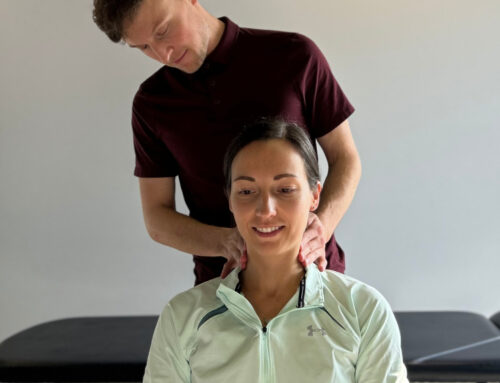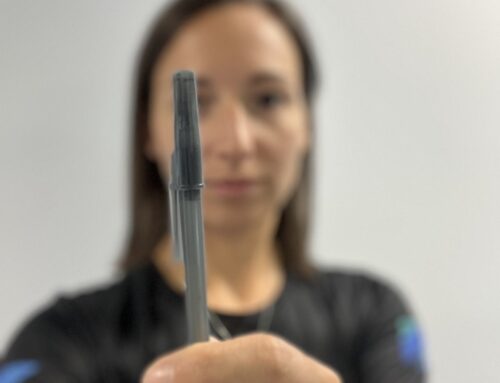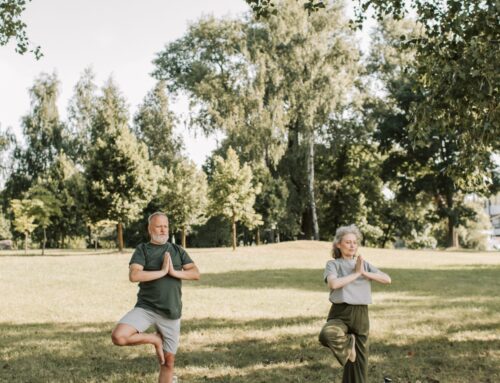
The Effect of Sleep on Injuries & Healing
What do these three things have in common?
- You’re always getting injured. Even small little injuries that you usually just brush off.
- If you do get injured, it seems like it takes forever to heal.
- Low energy or motivation to do anything, including your physio exercises.
Well, this may not be your first answer, but believe it or not all of these things may be related to sleep deficiency. Not getting enough sleep, or not getting enough QUALITY sleep can lead to numerous physical, mental, and emotional challenges.
In one study, researchers found that chronic fatigue and sleep deprivation led to increased rates of sports injuries. Specifically, adolescents who sleep less than 8 hours per night are 1.7 times more likely to get injured. For adults, the minimum required amount of sleep is more than 6 hours/night at the absolute minimum.
What’s interesting though, is it’s not enough to just get the right AMOUNT of sleep. It has to also be at the right time, and the right type of sleep. What does this actually mean, though?
If you sleep from 1am to 7am, you are getting the minimum 6 hours of sleep, but our body’s circadian rhythm and healing functions better when we go to sleep before 11pm. Also, the right type of sleep means we actually get into that “deep sleep” phase. So if your cat is always jumping on the bed waking you up even slightly, or you have to wake up multiple times a night to go to the bathroom, your body may not actually be getting deep sleep, making you wake up feeling unrested and tired no matter how long you’ve actually been laying in bed.
Sleep deficiency therefore affects our daily lives but specifically, we are interested in how it affects injuries and healing. We know we’re more likely to get injured if we are fatigued, but what about healing? Well, it has been thoroughly documented that during sleep is the greatest time of tissue healing, muscle building, and cell repair. While we sleep, our hormones are busy at work trying to tune us up and prepare us for the next day.
Let’s then focus on sleep this week. Commit to just ONE of these tips every day for one week and see how you feel!
- Put your phone, tablet, TV, etc, away at least 30-60 minutes before going to bed.
- Try a meditation or mindfulness app like Headspace, Calm, or Insight Timer. Look for a 2-5minute guided meditation so that it is doable every night.
- Avoid late dinners. Try to have your biggest meal before 7-8pm and then if you’re still hungry just have a small snack like a handful of blueberries or a banana.
- Save your intensive exercise for earlier in the day. If you do want to exercise in the evening, try something like a slow and restorative Hatha/Stretch Yoga instead of heavy weights or cardio.
References
Not sure if physiotherapy or massage therapy is right for you? Contact us today to talk to a professional and find out how we can help you.







Follow us on Facebook or Instagram for the most up-to-date news.